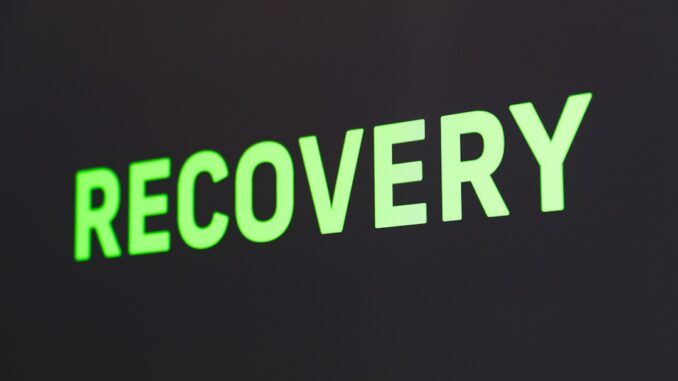
Summary
This article provides a comprehensive guide for individuals returning to work after completing addiction rehabilitation. It outlines actionable steps for a successful transition, covering aspects like self-care, communication with employers, and relapse prevention. By following these guidelines, individuals can navigate this challenging period and build a fulfilling professional life in recovery.
** Main Story**
Okay, so coming back to work after rehab? Huge step, right? It’s not gonna be a walk in the park, let’s be real. But, with the right approach, it’s totally doable. Think of this as your personal roadmap for navigating this transition.
Preparing for the Re-entry
First things first, gotta prioritize you. I mean, really focus on your well-being, both mentally and physically. Think balanced diet, regular exercise. Honestly, even just a brisk walk during lunch can make a world of difference. And sleep! Seriously, don’t underestimate the power of a good night’s sleep, aim for 7-8 hours. Also consider things like meditation or journaling, if that’s your vibe; there are tons of apps out there. All of this is like, your personal shield against stress, which is key to staying sober. You need to be ready for stress. What are your techniques?
Then, let’s talk legal. You’ve got rights under the Family and Medical Leave Act (FMLA). Basically, it protects your job while you’re in rehab and during ongoing treatment. But you have to meet certain criteria, so, check the U.S. Department of Labor website for all the deets. One thing to remember: FMLA won’t save you if you break company drug and alcohol policies.
And here’s a big one: talk to your employer. Be upfront. Maybe you need adjusted hours for outpatient treatment, or support meetings. A medical note is often needed to make those requests official. I always say, open communication is the best way to create a supportive environment. Because if they don’t know, how can they help, right?
Making Your Way Through the Workplace
Work can be a pressure cooker, no doubt about it. That’s why it’s so important to bring those stress-reduction techniques you learned in rehab into the workplace. Deep breathing, mindfulness, whatever works for you. Try and know your triggers, make a plan ahead of time. If you feel like you’re going to break, excuse yourself.
Confidence might take a hit after rehab. It’s normal. But focus on your strengths, the skills you have gained, not what you think you’ve lost. Set realistic goals. And celebrate the small wins. Because you are winning, one day at a time. Seriously, be patient with yourself; it’s a journey, not a race.
Here’s a big one: set those boundaries! Keep work at work. Avoid checking emails after hours. As much as we want to be a great employee, you need to protect your recovery time. Trust me, that balance is crucial. I learned that the hard way after getting promoted; I was answering emails at all hours, and I was constantly burnt out.
Keeping Recovery Top of Mind
Sticking to that aftercare plan is super important. Counseling, support groups, connecting with your support network – it’s all there for a reason. That structure can really keep you grounded during this transition. And don’t skip the meetings! They are important to talk, even if you don’t feel like it. It’s ok to not be ok.
Relapse prevention: you’ve got to be vigilant. There’s like a number of signs. You might start romanticizing old times, start thinking about using again, or, the worst: start using again. If you get any of these feelings, don’t hesitate to reach out. A sponsor, a therapist, support groups – they’re all there for you.
Lean on your support system. Family, friends, colleagues you trust, your sponsor. Share your struggles. Celebrate your wins. A strong support system is like your safety net; without it, you are going to fall.
Keep learning. Check out professional development courses, career guidance programs through your aftercare. These are really beneficial, and can help you get your confidence back, and also move up the ladder. What’s stopping you?
Going back to work after rehab is tough. But, it’s something you can totally nail. Focus on taking care of yourself, being open, and preventing relapse, and you can make it. And remember, every day is progress. And you’ve got this. Be kind to yourself.


Be the first to comment